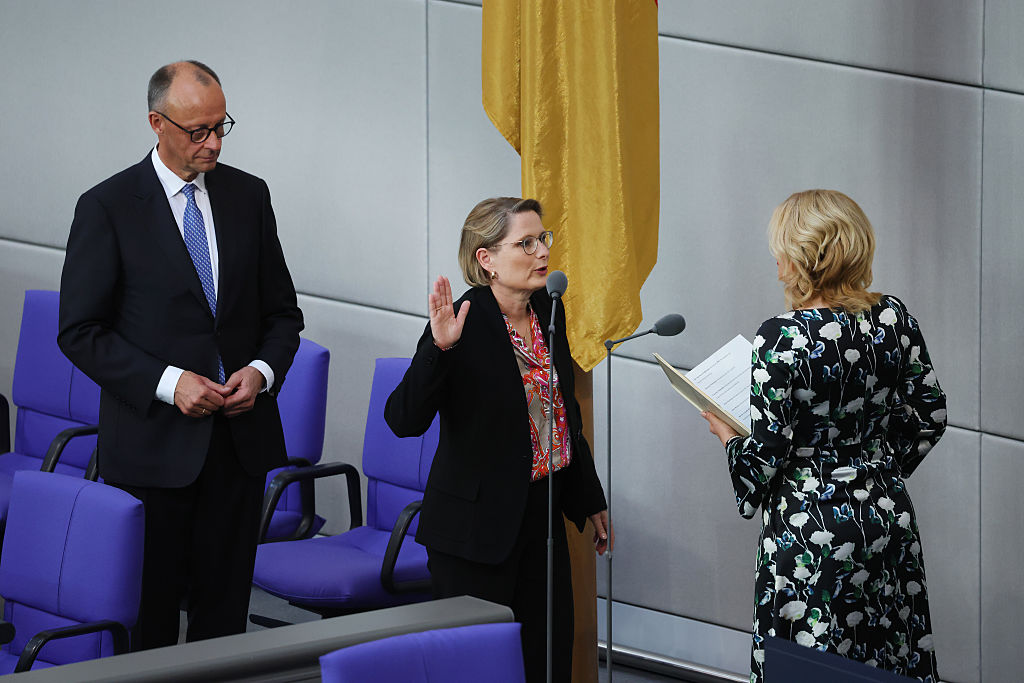The US government has criticised Germany over restrictions on freedom of expression as well as a surge in antisemitic violence. In its 2024 country report on human rights practises, published on 12 August, the US State Department complains that the human rights situation in Germany has worsened during the past year.
While international commentators see the US verdict on Germany as mild compared to the report on the United Kingdom, the German press has called the criticism “harsh”, and German politicians have reacted with indignation to the accusations.
The US administration summarises: “Significant human rights issues included restrictions on freedom of expression and credible reports of crimes, violence, or threats of violence motivated by antisemitism.“
A main point of contention are limitations on freedom of speech. The US administration expressed alarm that the German government imposed limits on the speech of groups it deems extremist – including the arrest, trial, conviction, and imprisonment of individuals for speech which the German authorities deemed incited racial hatred or endorsed racism.
The State Department also criticised that German law requires social networks to potentially restrict illegal content and report online hate crimes to the Federal Criminal Police.
“Law enforcement […] routinely raided homes, confiscated electronic devices, interrogated suspects and prosecuted individuals for the exercise of freedom of speech, including online”, the US diplomats write.
Another area of contention are antisemitic crimes which are on the rise in Germany – the number of crimes more than doubled to 3,200 in the first nine months of 2024 compared to just two years before. Moreover, 82 per cent of Jewish congregations reported that the country has become a less secure place for Jews to live openly since the Hamas attacks on October 7, 2023.
The US administration specifically criticised the German practice of attributing antisemitic crimes to the “far right” by default while turning a blind eye to the antisemitic tendencies in Germany’s Muslim population. According to a study cited in the report young Muslim migrants were far more likely than Germans or non-Muslim migrants to endorse antisemitic beliefs.
German politicians have rejected the accusations out of Washington DC. “Everybody can say what they think in Germany. This is a free country”, Conservative MP Jens Spahn told newspaper Welt. However, Spahn added that there were of course limits where free speech became “relevant in a criminal law sense”.
A speaker for the German foreign ministry told journalists in Berlin that freedom of opinion and freedom of the press were not limited in Germany. The US report had been “taken note of”, the speaker added.





